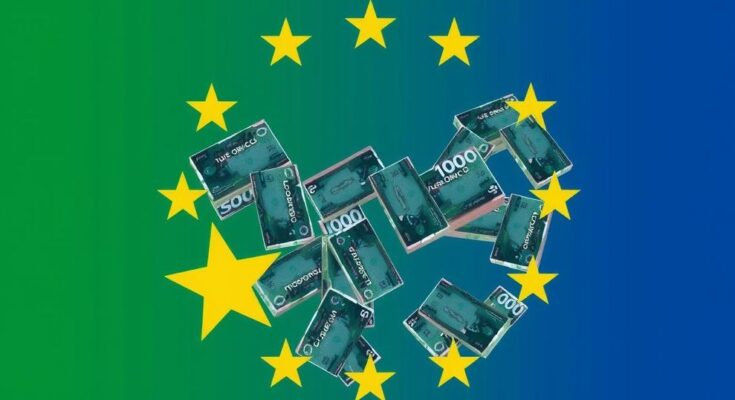The EU has granted Morocco a €190 million loan for earthquake recovery efforts following the devastating earthquake in September 2023. This funding will focus on rebuilding homes and restoring crucial public services. The total aid from the EU for this recovery effort will rise to €1 billion. Morocco’s projected economic growth is also expected to slow to 2.8 percent in 2024, amid a contraction in the agricultural sector.
The European Union (EU) has announced a loan of €190 million, equivalent to approximately $200 million, aimed at the recovery and reconstruction of areas in Morocco that were severely affected by a recent earthquake. This financial assistance will focus on rebuilding homes, restoring vital public services such as healthcare and education, and revitalizing local economies in the earthquake-stricken regions, as reported by Morocco World News.
The earthquake, which occurred in September 2023, is recorded as the most powerful in Morocco’s history, registering a magnitude of 6.8. The tragic event resulted in nearly 3,000 deaths and more than 6,000 injuries. Following this disaster, the EU’s total aid for earthquake recovery efforts in Morocco will amount to €1 billion, as confirmed by Oliver Varhelyi, the EU Commissioner for Neighborhood and Enlargement, during a press conference.
In addition to the EU’s support, this month, the European Bank for Reconstruction and Development (EBRD) has also approved a separate €200 million loan to the Moroccan phosphate producer OCP Group. This financing endeavor is designed to enhance water security by facilitating the development of new desalination facilities. Moreover, Morocco’s central bank has projected that the country’s economic growth will decelerate to 2.8 percent in 2024, largely due to a significant 7 percent contraction within the agricultural sector.
The financial assistance from the EU is part of broader international efforts to support Morocco in its recovery from a devastating earthquake that impacted numerous communities and caused extensive destruction. The EU’s commitment underlines the importance of rebuilding critical infrastructure and public services essential for the affected populations, while promoting long-term economic stability. In light of these events, projections regarding Morocco’s economic performance are concerning, with particular reference to the anticipated downturn in agricultural output, which remains a key sector in the national economy.
In summary, the EU’s financial aid of €190 million is a significant contribution towards assisting Morocco in its recovery from the catastrophic earthquake of September 2023. The focus on rebuilding homes, restoring essential services, and revitalizing local economies is crucial for the affected communities. Moreover, the projected slowdown in Morocco’s economic growth raises concerns that may require continued support and investment in the region.
Original Source: www.agbi.com




